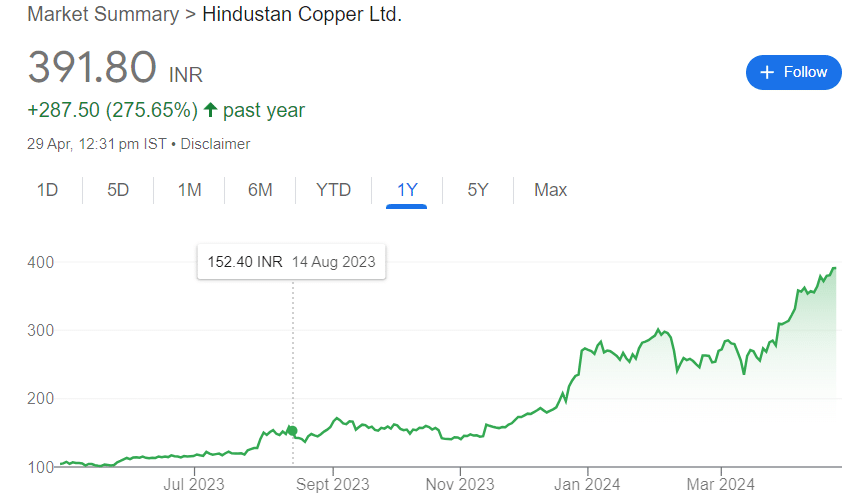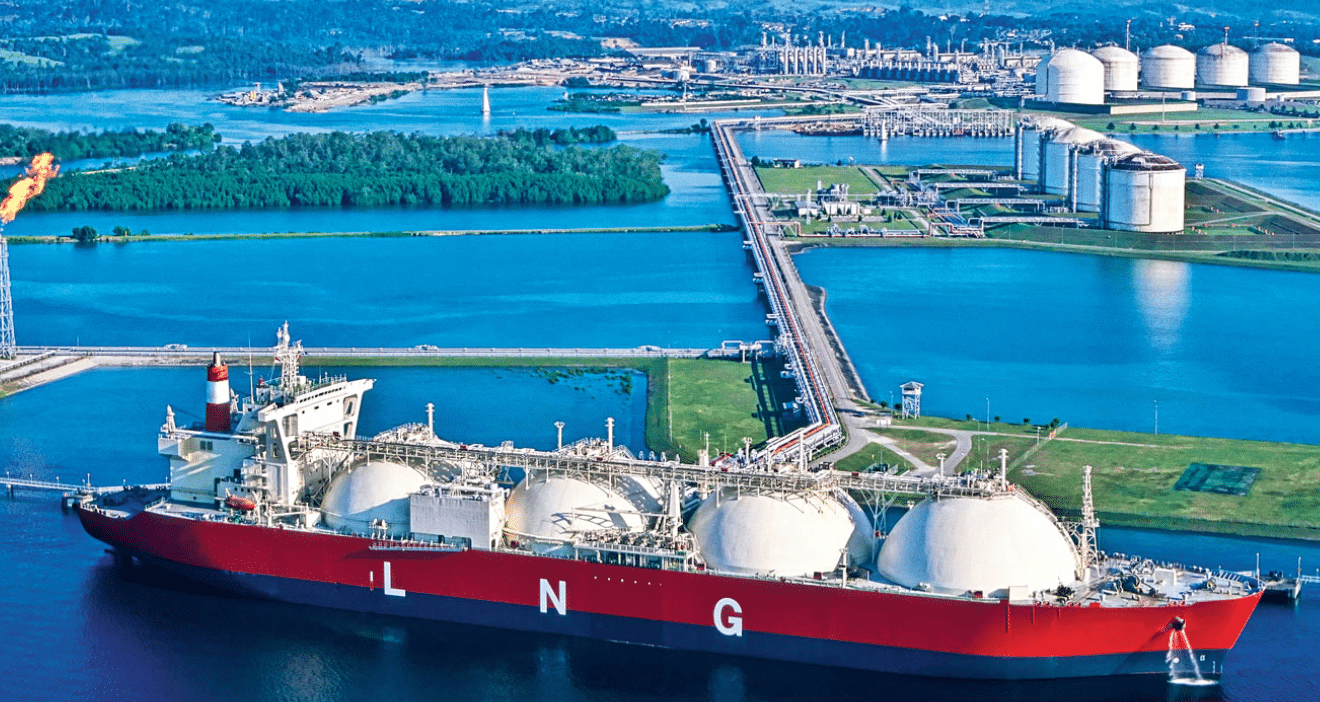ABS leads maritime sustainability with groundbreaking standards for liquefied CO2 carriers, revolutionizing carbon capture and storage.
also read Why Novelis Has Been Regarded As Crown Jewel Of Hindalco Industries Ltd
In a pioneering move, the American Bureau of Shipping (ABS) has charted a new course for the maritime industry by unveiling groundbreaking requirements tailored specifically for liquefied carbon dioxide (CO2) carriers. This development marks a significant milestone not only for the shipping sector but also for the emerging domain of carbon capture and storage (CCS).
Published under the title “Requirements for Liquefied Carbon Dioxide Carriers,” ABS’s comprehensive set of standards addresses the design, construction, and classification of vessels intended for transporting liquefied CO2 (LCO2) as cargo. With the global focus intensifying on climate change mitigation, the demand for transporting substantial volumes of greenhouse gases, particularly CO2, is on the rise. These requirements serve as a crucial guide for the industry, offering invaluable insights to tackle the unique challenges associated with the transportation of liquefied CO2.
As nations worldwide escalate their endeavors to reduce greenhouse gas emissions, the transportation and storage of captured emissions become increasingly vital. Liquefied CO2 carriers emerge as a crucial solution to facilitate the shipment and storage of captured emissions to suitable locations. However, ensuring the safety of the crew, protecting the integrity of the vessel, and minimizing environmental risks are paramount concerns. ABS’s initiative addresses these concerns head-on, underscoring its commitment to promoting secure and efficient CO2 transport.
The maritime industry, historically renowned for its role in global trade and transportation, is now adapting to meet the evolving demands of sustainability. ABS’s publication of requirements for liquefied CO2 carriers represents a proactive response to the growing challenges associated with carbon capture and storage. By setting these standards, ABS demonstrates its leadership in driving positive change within the maritime sector and contributing to global sustainability goals.
The newly established requirements not only signal ABS’s commitment to environmental sustainability but also highlight the industry’s dedication to providing solutions that align with emerging environmental priorities. Liquefied CO2 carriers, as outlined in these requirements, play a pivotal role in facilitating the logistical aspects of carbon capture and storage, thereby advancing the broader objectives of reducing greenhouse gas emissions.
In conclusion, ABS’s pioneering move in publishing requirements for liquefied CO2 carriers sets a precedent for sustainable shipping practices. As nations intensify their efforts to combat climate change, initiatives like these pave the way for innovative solutions that address the complex interplay between emissions reduction, transportation, and storage. ABS’s leadership in this realm underscores its dedication to driving positive change in the maritime industry and contributing to global sustainability efforts.
Source: ABS Introduces Standards for Liquefied Carbon Dioxide Carrier Specifications










